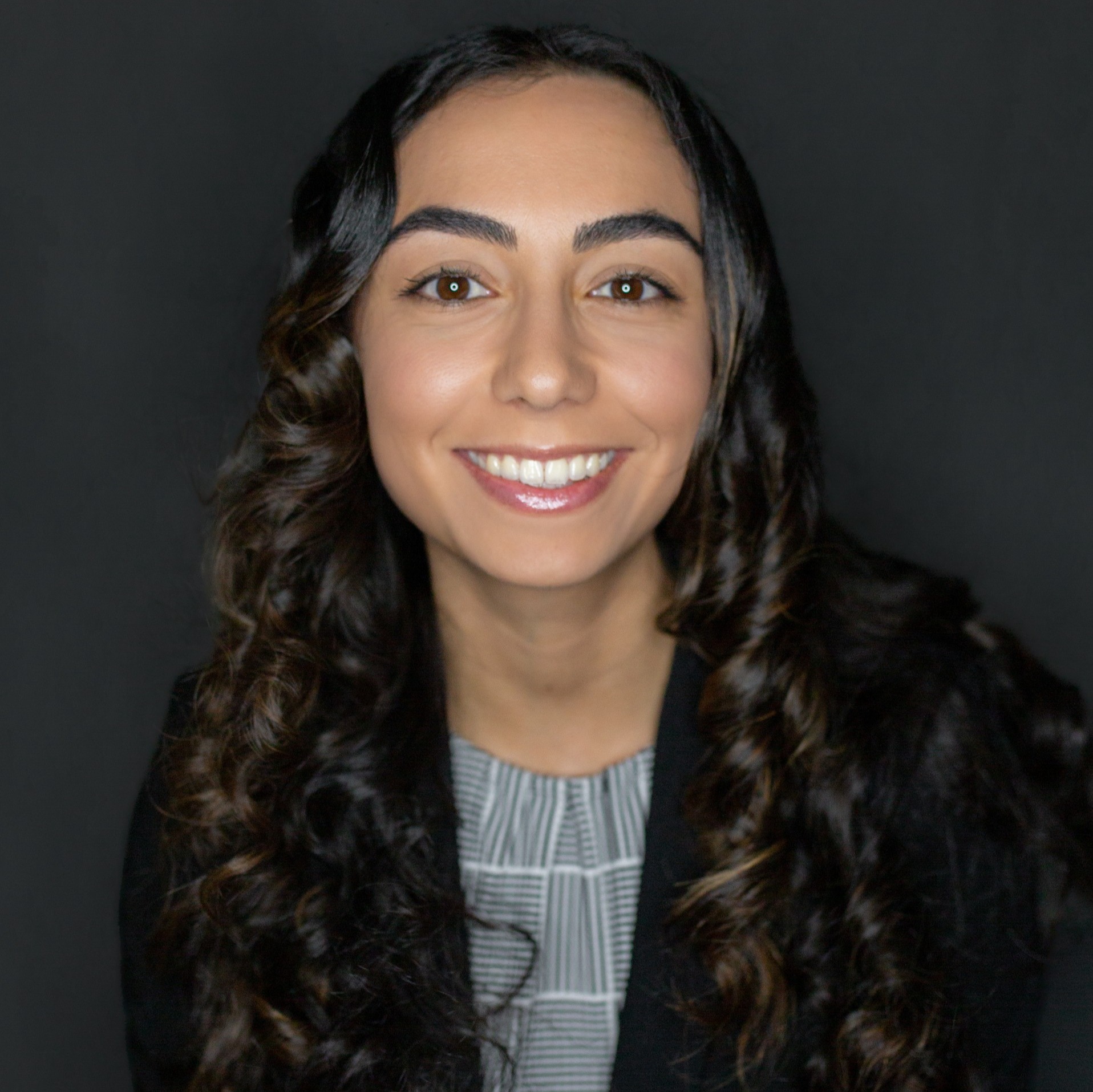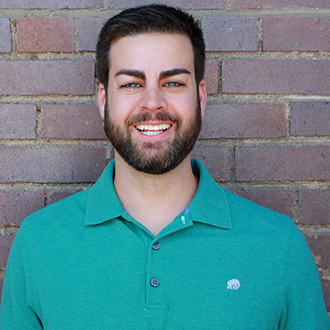Could offering just three days of child mental health training to primary school teachers in a rural area of India help improve teachers’ mental health literacy and address students’ mental health needs?
It’s a research question that Setareh Ekhteraei, a fourth-year medical student at the University of Colorado School of Medicine, helped formulate as she went through data that was collected in the Darjeeling Himalayas of West Bengal, India, as part of a teacher-led, task-shifting youth mental health initiative. This “task-shifting” initiative involves training community members to deliver care as lay individuals.
What she discovered, in partnership with other collaborators from Darjeeling, was that many of the primary school teachers who received such training found it to be beneficial, with some saying it changed their own beliefs and created positive behavioral and academic changes for students.
The findings were published in a short research article in the journal Child and Adolescent Mental Health.
Ekhteraei, who will join the CU Department of Medicine’s Internal Medicine Residency Program following her graduation in May, hopes to see more research of this kind in the future.
“Personally, I feel like there’s a lot of work to be done in the field of mental health and child mental health,” she says. “Task shifting as a solution, given the circumstances right now — that’s where the research needs to be.”
Research waiting to be discovered
Determining this research question happened somewhat retroactively for Ekhteraei, as it stemmed from unsorted data collected as part of a different study.
Passionate about global health, Ekhteraei became a mentee to Michael Matergia, MD, a senior clinical instructor in the CU Department of Family Medicine and an investigator for the Center for Global Health at the Colorado School of Public Health.
Matergia and his wife, Denna, co-founded the nonprofit Broadleaf Health and Education Alliance, which works with DLR Prerna, a partner organization in India, to help provide evidence-based health and education interventions. One of these interventions is called TeaLeaf, which stands for “teachers leading the frontlines.”
TeaLeaf brings mental health care into the classroom by training primary school teachers to identify children with challenging behavior, understand the underlying reasons for this behavior, and develop a plan to work with these children.
To test TeaLeaf’s clinical impact, a randomized controlled trial was formed. As part of this trial, an abbreviated version of TeaLeaf called “RESEED” — meaning “responding to students’ emotions through education” — was created to serve as “an ethical enhanced usual care comparator that was viable with minimal additional resources,” according to the article.
A main difference between TeaLeaf and RESEED is that RESEED is a three-day training rather than a 10-day training, Ekhteraei says. With a shorter time frame, RESEED is considered a more accessible version of TeaLeaf, providing an alternative for schools that may have more limited time for training.
Forty-three schools received RESEED training in 2019, which also included 99 teachers at low-cost private schools in Darjeeling, India — where children have poor access to government services and care. As part of the training, the teachers selected students for targeted intervention to practice the skills they learned. Ultimately, 188 students participated in RESEED. Following the intervention, 29 teachers participated in focus group discussions to evaluate the initiative. These discussions were audio recorded and later transcribed and translated into English.
And thus, a research opportunity emerged for Ekhteraei. In 2020, Ekhteraei and a PhD student at the University of North Carolina began looking through the different data sets and transcripts to determine: Out of the information they had, what research question could they ask and analyze?
“We could have not looked at the data at all, but looking through the interviews, there were such positive reviews,” Ekhteraei says about the focus group discussions. “It was very well received and seemed to have a very positive impact. We thought it was worth looking into.”
‘We are very blessed to have received training’
Ekhteraei and her collaborators used coding software to identify themes that came up in the conversations, hoping to learn how teachers responded to RESEED and its effectiveness.
The researchers created a codebook with certain themes and sub-themes, deciding on how to interpret quotes and fit them into the codebook to make the information more objective, she says. Through this process, they determined that teachers, overall, found RESEED to be an acceptable intervention.
“A lot of teachers were very happy about it. They were excited,” Ekhteraei says, noting that some said they felt all teachers and students should have a chance to participate in RESEED. “That was a pleasant surprise as to how many teachers were really passionate about it.”
The published research article includes illustrative quotes from some of those teachers. One teacher, for instance, said, “We are very blessed to have received training from you and we learnt a great deal on how to handle children at school.”
Another teacher said they learned that they “needed to observe the child’s behavior and we as teachers too had to change our behavior while working with the children.”
Based on the teachers’ feedback, RESEED appeared to also improve some students’ academic performances, attitudes, and willingness to engage with the classroom.
When it came to teachers’ issues with RESEED, one barrier was the logistics of the intervention. Another barrier was that some parents did not understand what RESEED was and had a stigma about mental health. Given these concerns, Ekhteraei says, the research team is now thinking more about how to best engage parents in the future.
“Without having done this research, we wouldn't have known how important it is to look at initiatives for parents and look at what we can do for families,” she says.
The need for more research
Mental health disorders are estimated to affect between roughly 10% and 20% of children and adolescents globally, according to the research article.
Given that the availability of youth mental health care is limited in low-income and middle-income countries, Ekhteraei and her fellow authors concluded that RESEED “represents a potentially acceptable and feasible minimal-resource first step in improving mental health literacy of teachers and in beginning to address youth mental health needs.”
In general, there has not been extensive research into this type of task-shifting approach for addressing youth mental health needs, Ekhteraei says.
“There's a lack of work in this area — a major lack of research,” she says. “And that affects young people growing up and then as adults, also, still struggling with conditions that go undiagnosed and untreated.”
Looking ahead, Ekhteraei says she would like to see this research applied in other countries that have different cultural backgrounds, resources, and education systems.
“How can we make sure that this works for them, or what can we do so results are applicable to a lot of countries?” she says. “I think the only way to do that is to have very similar studies in other settings, and then look at those results and pool everything together.”





